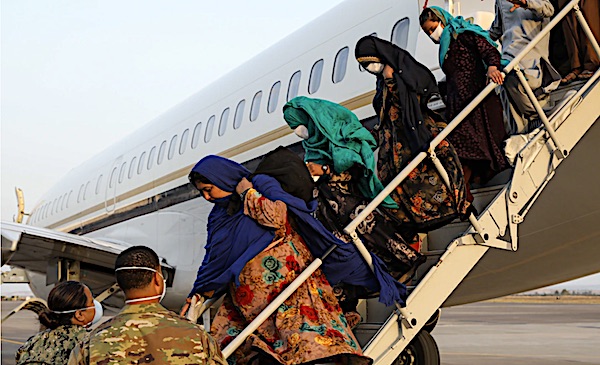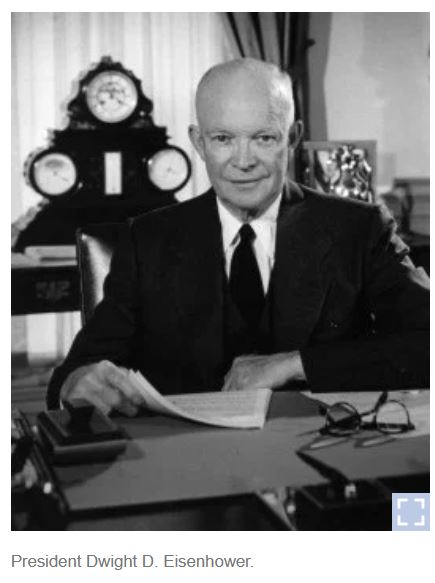NEW COLUMN: It suddenly struck me: Most men are cowards. How many men have the courage and character to step up and honor the highest principles or the best of humanity when they encounter these? Too few. Most live defensively or ignorantly, betraying the good for the bad. That’s why men like Assange are so impressive and important and true. They show us the way. While most men live in-thrall to miserable entities or people and the bonds they impose; Assange has shown us the right way to live within our own orbits; dangerously, if you must, never on your knees; bravely seeking that which is the best and the finest—be they principles or people.
Julian Assange has given his life in the cause of exposing global state and corporate corruption and the collusion betwixt. He should be thanked for his service, for Assange did not enlist to do The State’s bidding in futile, wicked wars in faraway lands. Rather, he went-up against the Administrative, Warfare, Surveillance State for The People.
Therefore, all state agents—media-military-congressional complex; local and global—want this, the greatest libertarian alive (if barely) to disappear. Never mind that First-Amendment jurisprudence is clear-cut with respect to the guerrilla journalism of WikiLeaks. WikiLeaks operators have committed no crime in publishing what is undeniably true, newsworthy information, with probative value. Besides, why has America any jurisdiction over a foreign entity (WikiLeaks) and a foreign national (Julian Assange)?
Well, America has jurisdiction over Assange because it has simply asserted it based on trumped-up charges equating his journalism with espionage. Which is why Assange now fears being “Epsteined.”
THE NEW COLUMN is “Extradited! Why Assange Fears Being ‘Epsteined’”. Read it on WND.COM, Townhall.com and the Unz Review.
UPDATE (12/24): An honest man asks on Twitter how to become courageous. Am I an authority? No! I just try my best, in writing—having never betrayed my first principles for popularity or pelf—and in living, in charity and in loving and helping those who see me.
I have, however, known people who never step up and are mired in cowardice, wasting their considerable mentation and manhood on being frightened in the quest for equilibrium (personally and politically); or gulling themselves into believing that when they serve the wrong people and principles—they are ever-so good. Contempt is what they deserve. When encountering good people, fighting the good fight, doing good work—every person can honor that and help, rather than hinder.
My humble reply to Sean: “Within our orbits we can all try to stand up for the principles and people that matter and make a difference and need our energies most. So, I thank YOU for joining me here.”
Anything I can do about it, me a small plebian peasant prole?
— Sean Stavro Blofeld (@SeanForLiberty) December 24, 2021
* The “man” noun here is used in the traditional sense, as mankind. I include myself, a woman, as part of mankind. Your fucking sexual or gender orientation matters not. Quit the pronoun crap. That is another first principle: never dignify nonsense, including linguistic bafflegab. I write and think in English. So should you.




